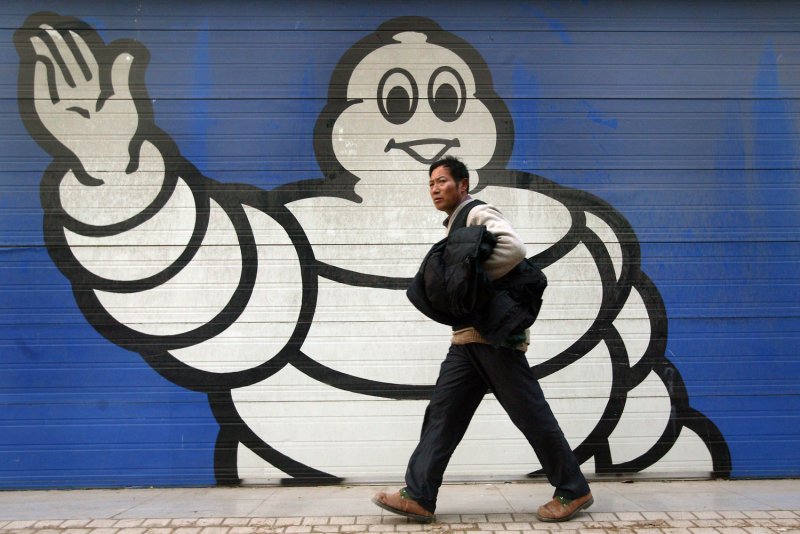Study: Frustrated Customers Quicker to Blame Human Brands

PHILADELPHIA, July 7 (UPI) — Is the Michelin Man — and similarly humanized brand icons — genius or flawed? Human-like mascots may attract customers, but new research suggest they also garner their companies blame when prices rise.
“When brands are humanized, consumers attribute human motives to those brands,” researchers wrote in a recent study on the subject of personification in marketing. “Consumers are more likely to see price increases in those brands as the result of a manager trying to see how much he can charge rather than responses to impersonal market forces.”
[one_fourth]
[/one_fourth][three_fourth_last]
The study, published in the Journal of Marketing, was authored by Hyokjin Kwak of Drexel University, Marina Puzakova of Lehigh University and Joseph F. Rocereto of Monmouth University.
In interviewing mall shoppers and polling consumers in Wisconsin and Massachusetts, researchers found humanized brands inspired a heightened sense of price sensitivity. Independent judges ranked brands on their level of perceived humanness. The study included brands from a variety of business types, including makers of frozen pizza, margarine and butter, paper towels, potato chips, toilet tissue and yogurt.
The more human a brand mascot or icon, the more customers are drawn to the products when prices go down, and the more personally they take it when prices go up.
Researchers found this perception of unfairness was more pronounced when shoppers are out to buy and think for themselves, and less pronounced when shoppers are shopping and caring for others.
“Companies and managers should develop careful communication strategies to manage consumer perceptions of the motives behind a price increase, especially if the brand is humanized,” the researchers explained. “In that case, marketers might be better off emphasizing the external causes of a price increase.”
Like Us on Facebook for more stories from GephardtDaily.com



